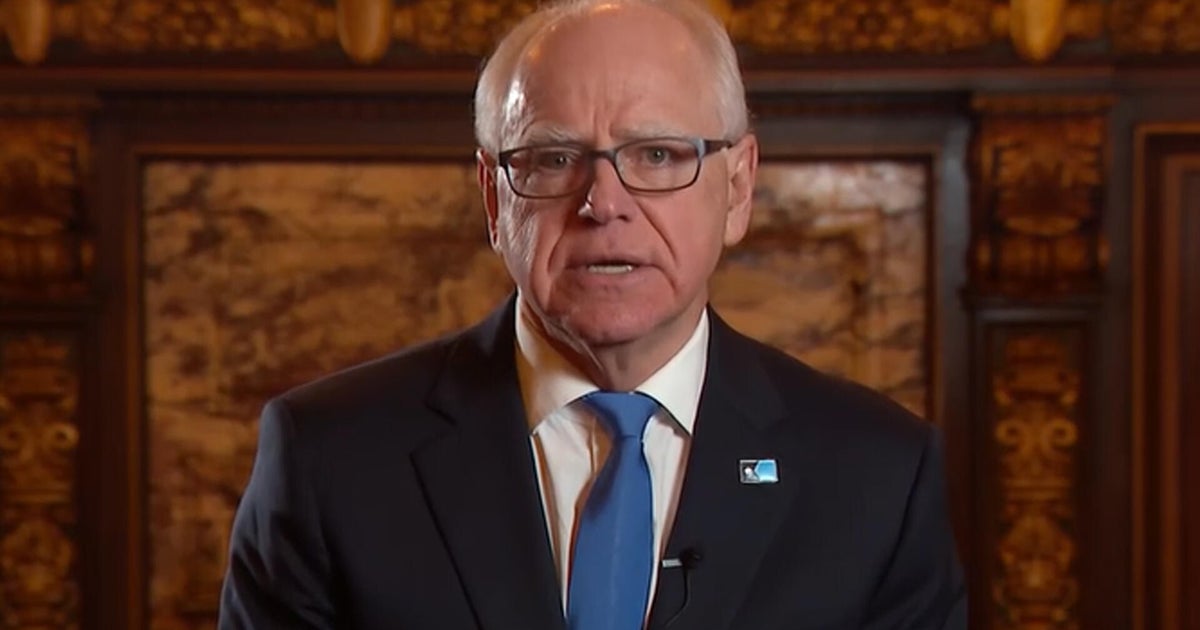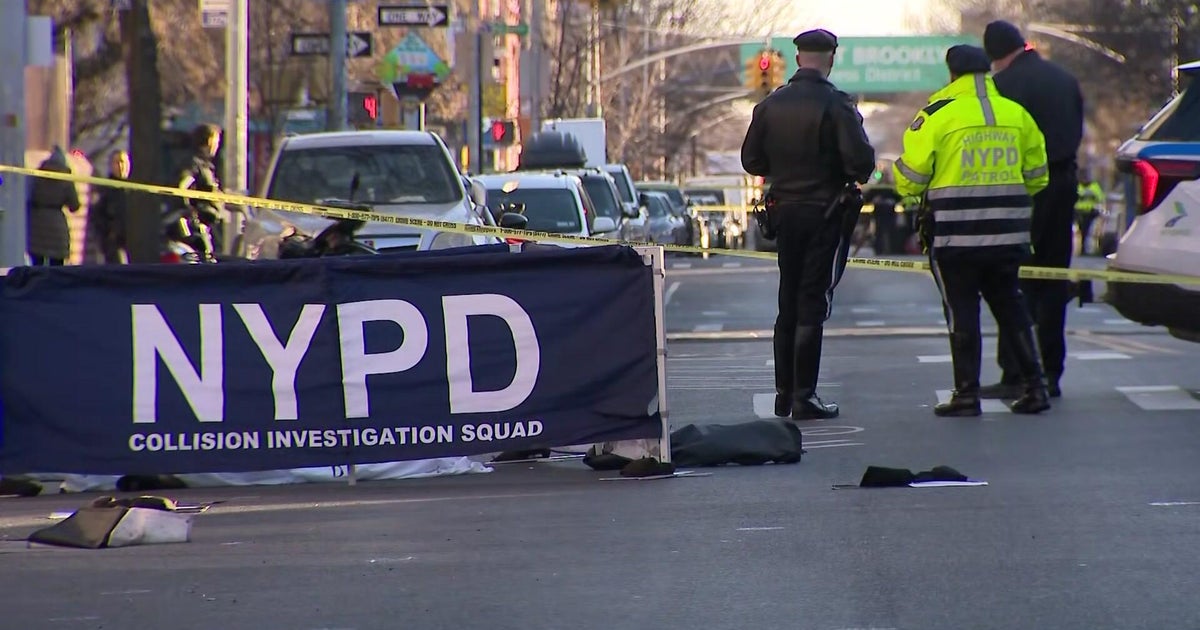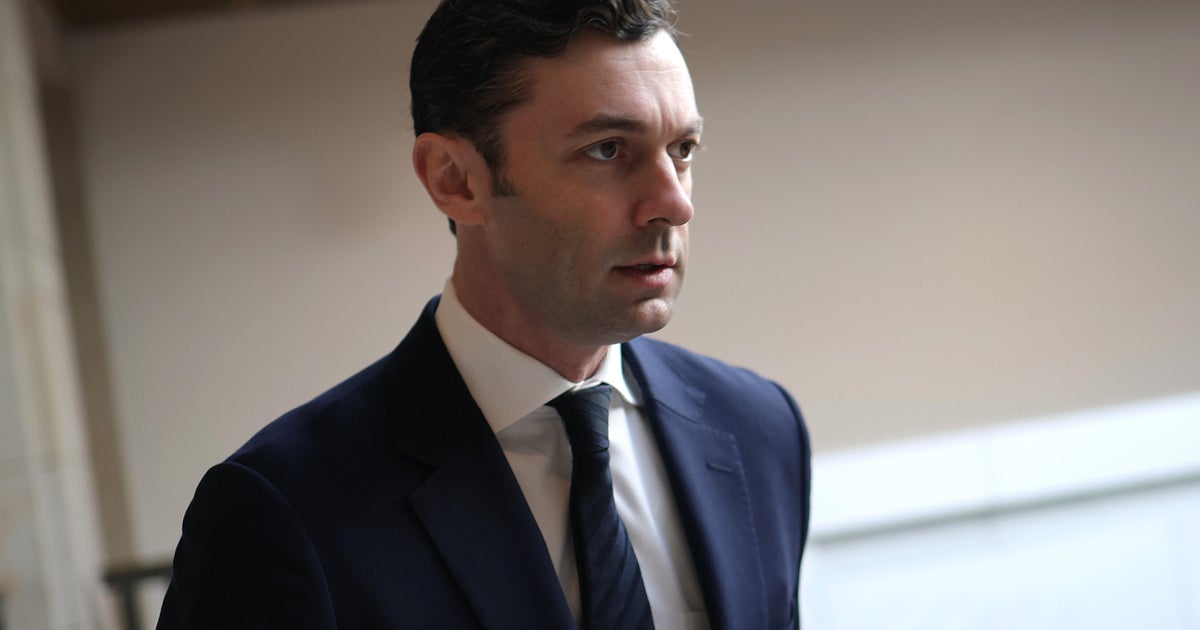WCBS 880 Special Series: Beach Reads – 'Black List'
NEW YORK (CBSNewYork) - For this week's summer Beach Reads segment, we've got another thriller.
It's the latest page-turner from New York Times best-selling author Brad Thor.
"Black List" centers around idea that we're entering into an era where privacy as we know it will soon cease to exist.
RELATED: More Beach Reads
WCBS 880's Pat Farnack spoke with Thor.
LISTEN: Farnack with Thor
Podcast
PF: Brad Thor is the latest author we're talking to and his latest book is called "Black List" and it's another real thriller, page-turner we've come to really expect and look forward to from you. Now this one is centered around our burgeoning surveillance state, I guess you could say. What's the story about?
BT: Well, if I had to give it to you in one sentence, it's that someone is padding the President's kill list, but the subplot here is all about the explosion in America of surveillance technology. Now I'm a beach read guy, so it's a thriller, but I thought, what if good guys got added to the black list and were targeted by their own government and had to somehow evade all the surveillance technology that they use to catch bad guys. I thought that would be a great thriller.
PF: Now you are very concerned that privacy may be dead, but how do we reconcile the individual's right to live his or her life, with the country's desire to root out terror?
BT: I am the straightest arrow, the biggest law and order guy you're ever going to meet and after 9/11 when the Patriot Act came out, I was 'Rah-rah. Let's go get them. 'Let's do whatever we have to do' and it's funny, watching over the last ten years and seeing that our country both the past President, George Bush, and the current President, President Obama, repeatedly renewed our state of emergency that was put into place right after 9/11. And I was scratching my head, saying 'Why is this going on?
" and the more I looked into this surveillance technology, the more I found two things: Number one, I came across an old quote from Ben Franklin that 'Those who would trade a little liberty for a little security, deserve neither and will lose both' and the other thing I found was from 1975 when Sen. Frank Church was on 'Meet the Press' talking about the government's ability to hear all of your communications. This is '75. And he said that we were about to cross a surveillance rubicon and that privacy would not only be dead, but we'd have no place to hide as citizens. The government would be able to listen to everything. And I thought, 'Oh, this is great fodder for a thriller.' So I'm trying to put the question out there. Are you willing to lose your liberty or give up your liberty to get what the government is telling you is more security because it's happening every day.
PF: But are we really more secure with so much more surveillance? That's another question I'm sure you've grappled with.
BT: It's a great question. I don't necessarily know that we are. I don't know that we need all this technology. Number one, as we saw with the 7/7 bombings in London, technology doesn't prevent attacks, it only helps you solve them afterwards. And you get people, Pat, who say that 'I'm not doing anything wrong. I don't care if the government is watching me.' And I say to them: Really? Then why don't you leave your door unlocked, 24/7 for the police to come in at any point without a warrant and check and see what you're up to, to make sure you're not doing anything. Cause essentially, that's what's happening. After 9/11, we all became suspects as the government sucked up our digital exhaust, you, me, everyone listening. Everything you do is being monitored and it's being stored and sifted and analyzed. And for me, again, the law and order guy, it's a bridge too far.
PF: Tell me briefly about the Red Cell program with the Department of Homeland Security, Brad. Now this is not fiction, this is real.
BT: No, it is real and this is something that I was asked to participate in. When the Department of Homeland security was stood up in the wake of 9/11, they realized even before the 9/11 Commission, that 9/11 had happened because of a failure of imagination on our part. And they invited creative thinkers into DC, like me, like Michael Bay, the director of the 'Transformers' movies, to help them anticipate where the next attack might be coming from and what it might be looking like. But it is, what I call it, is the government has this as the Las Vegas of government programs. What happens in the Red Cell stays in the Red Cell. I can't write about that, but I use my creativity in my thrillers, the same way I do in the Red Cell program for the government.
PF: That is fascinating. So last question, will we see 'Black List' on the big screen?
BT: Well, we have a deal with Warner Bros. and they're turning my thrillers into their Jason Bourne series. So, yes, you will see it on the big screen.
PF: Very exciting. Thanks for taking the time with us Brad.
BT: My pleasure, Pat. Thank you.
Stay tuned next Thursday at 12:50 for another exciting interview!







